News
-
February 12, 2026
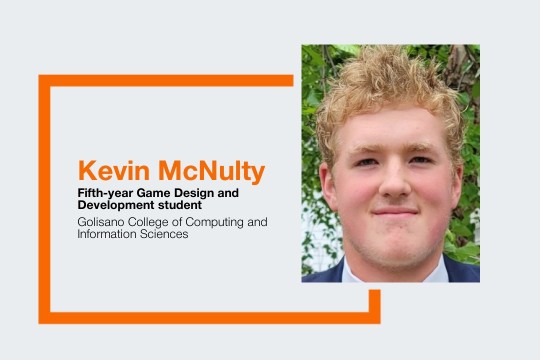
Student Producer Program develops leaders capable of taking projects to the finish line
By offering real-world experience managing teams and clients, MAGIC Spell Studios’ new Student Producer Program presents students with unique opportunities to fully engage in digital media projects under development. -
February 12, 2026

Super Bowl ad sparks debate: Is Ring Camera’s pet-finding feature an invasion of privacy?
WHEC-TV speaks to Jonathan Weissman, principal lecturer in the Department of Cybersecurity, about the debate.
-
February 10, 2026
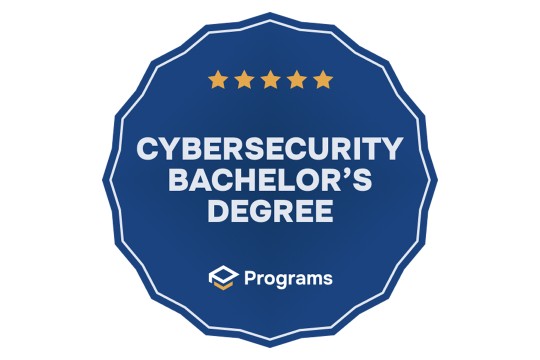
Top 25 Cybersecurity Bachelor’s Degree Programs (2026)
RIT is highlighted by Programs.com in its 2026 guide to the best bachelor’s degree programs in cybersecurity. The program was ranked No. 8 and noted as a great choice for hands-on education.
-
February 9, 2026

Twelve graduates honored with Distinguished Alumni Awards
Distinguished Alumni Awards are presented annually by each of RIT’s nine colleges, the Graduate School, and the School of Individualized Study to alumni who have performed at the highest levels of their profession or who have contributed to the advancement and leadership of civic, philanthropic, or service organizations.
-
February 9, 2026

Research reveals which popular generative AI chatbots lie
Researchers have created a new tool to stress test large language models (LLMs) that power AI chatbots, including ChatGPT. Using this innovation, developers can build more trustworthy AI systems and users can see which LLMs contradict themselves.
-
February 6, 2026
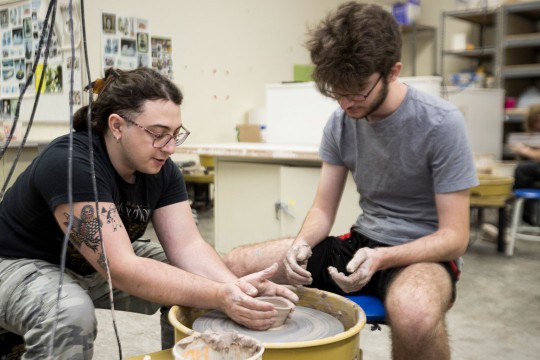
ArtEx students find community by leaning into creativity
ArtEx creates opportunities for students outside of RIT’s College of Art and Design to participate in creative and collaborative experiences by granting special access to engage with the studios, resources, and expertise available within the School for American Crafts and School of Art.
-
February 4, 2026

RIT teams hold fundraiser to see their games compete for popular prize at GDC
For the past 11 years, the alt.ctrl.GDC exhibit at the Game Developers Conference (GDC) Festival of Gaming has surprised and delighted visitors, quickly becoming one of the most popular stops on the convention floor. As the exhibit has grown, so has the competition to develop unique controllers and gameplay experiences. After receiving over 100 applicants for this year’s conference, the field has been narrowed to only 20 teams, and 3 of those teams are from RIT.
-
January 27, 2026
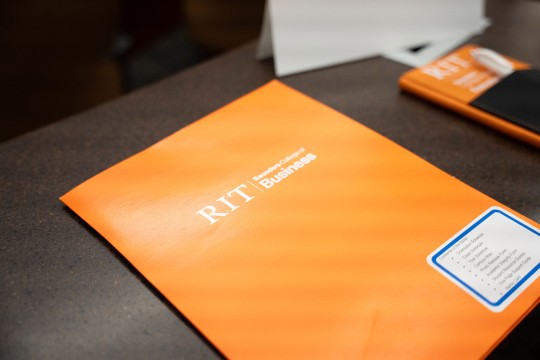
‘U.S. News & World Report’ ranks RIT online Executive MBA degree program among nation’s best
The 2026 U.S. News & World Report Best Online Programs rankings, released this week, listed Saunders College of Business’ online Executive MBA program as No. 13 in the nation for “Best Online MBA Programs.”
-
January 20, 2026

RIT students launch studio to bring bad game ideas to life
According to Steven Spielberg, all good ideas start out as bad ideas. That’s why a duo from RIT has launched the game studio Bad Ideas Productions.
-
January 19, 2026

Top 25 Cybersecurity Ph.D. Programs
RIT is highlighted by Programs.com in its 2026 guide to the best doctoral programs in cybersecurity. The Ph.D. program in computing and information sciences was ranked No. 14 for combining information security research with hands-on application.
-
January 13, 2026
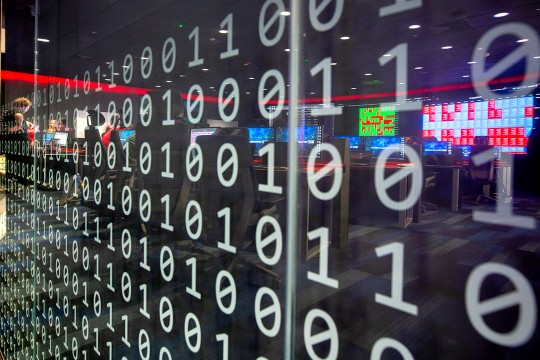
Top cybersecurity students across the globe face-off at RIT’s pentesting competition
The best cybersecurity students in the world came to RIT to battle in the Collegiate Penetration Testing Competition global finals, wrapping up the largest offense-based cybersecurity competition for college students.
-
January 8, 2026

Why it matters that Wegmans and other retailers are gathering biometric data on shoppers
WXXI interviews Jonathan Weissman, principal lecturer in the Department of Cybersecurity, about retail stores using facial recognition cameras and other biometric data.




